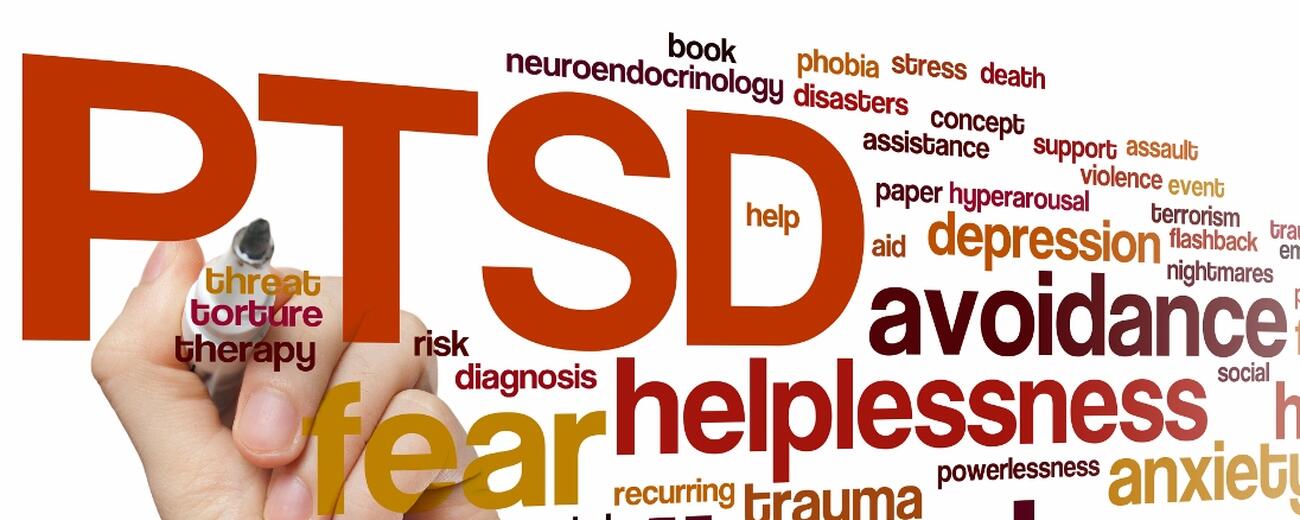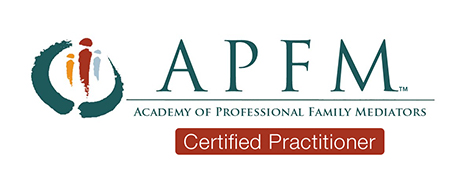What is Discernment Counseling?
If you or your partner are contemplating the direction of your long-term, committed relationship, but are unsure which path you should take, you are in a tough spot. Discernment Counseling is a chance to slow down, take a breath, and look at the options for your relationship. An estimated 30 percent of couples presenting for marriage or couples therapy are "mixed-agenda" couples. What does this mean? Often times in these situations, there is one person "leaning out" of the relationship--and not sure that marriage or couples counseling will or can help--and the other is "leaning in"--that is they are commited and motivated in saving and rebuilding their relationship. When this occurs each partner has differing desires as to whether or not to save their marriage/long-term commited relationship. Discernment counseling has been designed for just these types of situations!
Why not just try marriage or couples therapy instead?
Traditional marriage therapy really only works when BOTH partners are motivated and ready to make changes in their relationship and bring it to a better place. When one partner is ambivalent about what path to choose, it can seem like a pretty hopeless situation for both the couple and the therapist! This often results in half-hearted couples therapy where one partner is more motivated than the other to bring about change for the relationship. Discernment Counseling provides the meaningful help couples need when they are on the brink or in this troubled and confusing time. The counselor can help you decide whether to try to restore your relationship to health, move toward divorce/seperation, or take a time out and decide later.
What is the goal of Discernment Counseling?
The goal of Discernment Counseling is to gain clarity and confidence about which direction to take that is based on a deeper understanding of the relationship and its problems. The goal is not to solve your relationship problems but to see if they are solvable. You will each be treated with compassion and respect no matter how you are feeling about your marriage/commited relationship at the moment. There are no bad guys and no good guys, just a chance to sit down and create a greater understanding and awareness of the paths available to you. Some couples may decide to commit to specific plan involving couples/marriage therapy while others will opt for one of the other two paths (i.e. seperation/divorce, or continue as it has been).
You will come in as a couple but the most important work occurs in the one-to-one conversations with the counselor. Why? Because you are starting out in different places. All communications in these sessions are kept confidential. This is an important factor that allows each of the clients to provide all necessary details (even in regards to an affair if there is one) to the therapist in order to help sort through the decision making process. It is important to note that if there is an affair outside the relationship in question and the couple chooses to move forward with couples/marriage counseling after the discernment process, it is recommended that the affair be disclosed in order to provide a chance for that counseling to be successful.
What is the counselor's role?
The counselor respects your reasons for divorce or seperation while trying to open up the possibility of restoring the marriage/commited relationship to health. The counselor also emphasizes the importance of each of you seeing your own contributions to the problems and the possible solutions that have lead you to the place you are currently in. The structure for the session is as follows: couples meet in the counseling sessions for a portion together and also one-on-one with the therapist before coming back together at the end for a summary of takeaways that each partner has gained during the discernment process. This is done so that each individual has time to work on their own goals. The foundation of this will be about each partner’s personal agenda for change as this will be useful whether the couple chooses to stay together or take seperate paths.
How does Discernment Counseling work?
The Discernment Counseling process can range from 1-6 sessions total and is considered successful when people have the clarity and confidence in their decision. It is not meant as a permanent or long-term form of therapy. The sessions will explore specific topics relevant to the three paths under consideration: (1) stay in the relationship as it has been, (2) move towards separation and divorce or (3) agree on a 6 month reconciliation period with an all-out effort in couples/marriage therapy. If reconciliation (path 3) is agreed upon, couples are educated about what marriage/couples therapy looks like and what will be expected of them. Each partner signs a “contract” that they both understand and agree to the expectations. At this point, traditional marriage/couples therapy can begin with the same counselor or you may see a counselor of your choice. If separation/divorce (path 2) is chosen, the couple is given education and resources to help them collaboratively work through the dissolution of the marriage/partnership.
This counseling has been found to be immensely useful in future relationships even if the marriage/partnership ends. It is also proven to help couples truly be more cooperative with each other in the seperation/divorce process if that is the chosen path. We must consider that divorce is a decision with far-reaching impacts, even into future generations. Discernment counseling can help a couple carefully and consciously decide their next step in regards to their marriage/long-term committed relationship.
When Discernment Counseling is not the option for you?
Discernment Counseling is not suited for these situations:
- When one spouse has already made a final decision to divorce
- When one spouse is coercing the other to participate
- When there is danger of domestic violence























